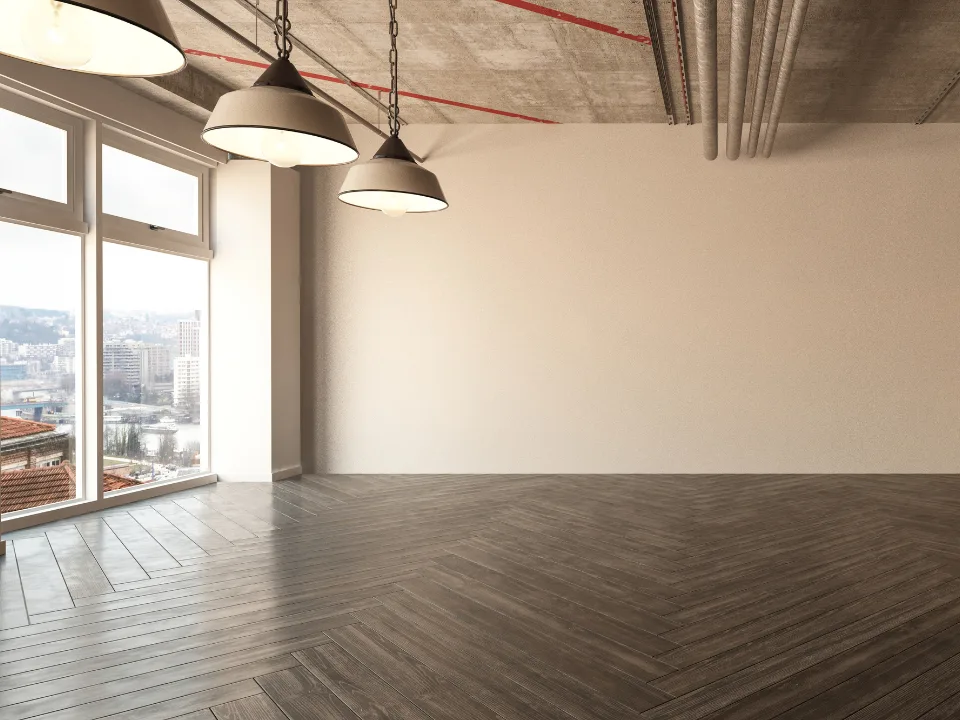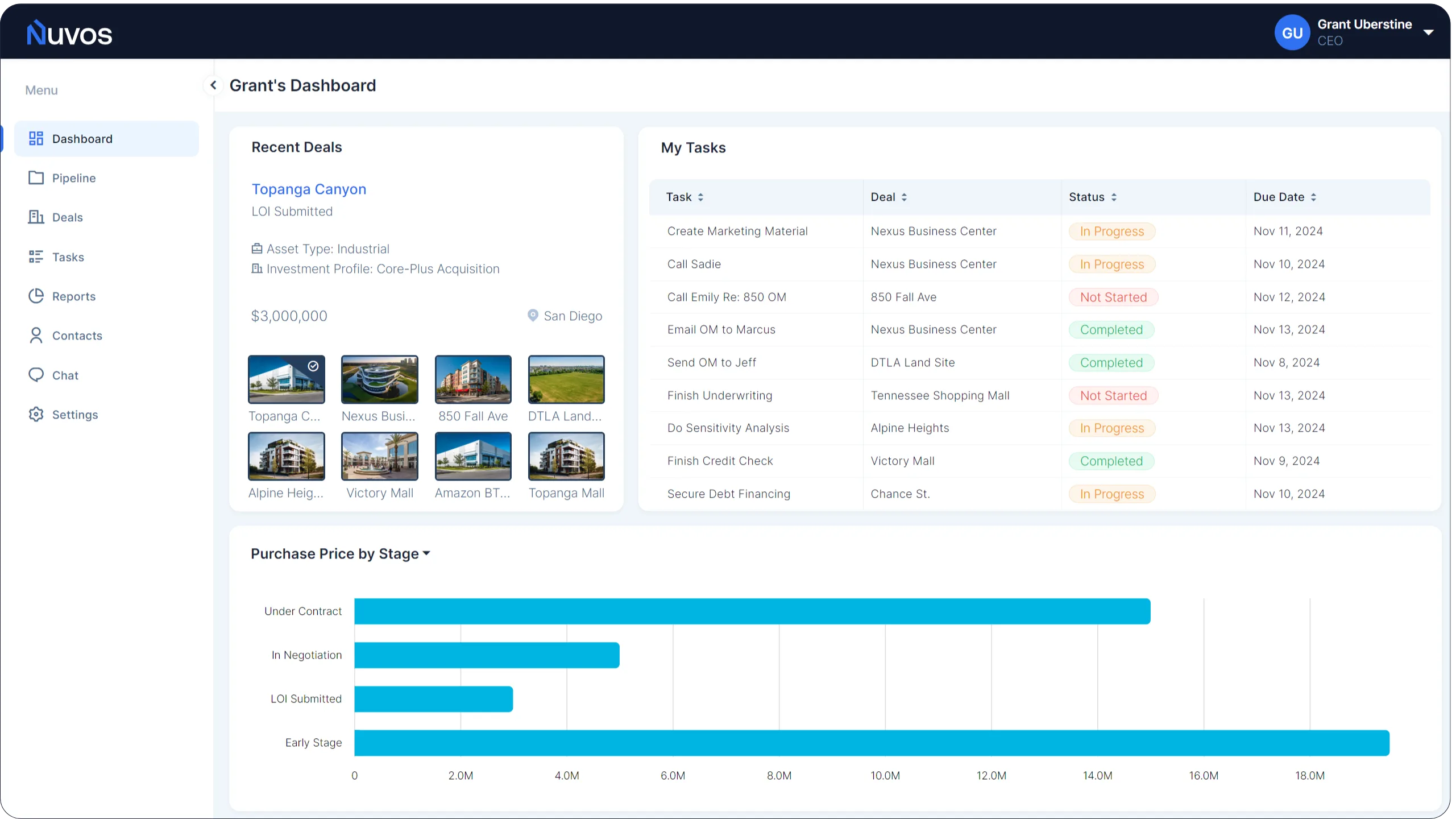Private Equity Seeks Bargains in US Real Estate
Distressed investors are seizing a rare chance to buy troubled US CRE assets, with private equity firms leading the charge.
Good morning. Private equity firms are focusing on distressed US CRE, which could slow the recovery in overseas markets.
Today’s issue is brought to you by PACE Loan Group—a national lender offering owners non-recourse, long-term, fixed-rate C-PACE financing.
🔔 You currently have 0 referrals, only 1 away from receiving B.O.T.N Multifamily Deal Screener .
Market Snapshot
|
|
||||
|
|
*Data as of 7/10/2024 market close.
Distressed Property
Private Equity Seeks Bargains in US Real Estate
Distressed investors are seizing a rare chance to buy troubled US CRE assets, with private equity firms leading the charge.
Betting on distress: Private equity firms are circling the distressed US property market like sharks sensing blood in the water. According to Preqin data, approximately 64% of the $400 billion earmarked for property investments is focused on North America, marking the highest allocation in two decades.
Filling the gap: The US CRE market is on sale, with office values dropping nearly 25% last year due to remote work. This year, $1 trillion in CRE debt will mature, leading to a surge in defaults as borrowers struggle to repay. PGIM reports a $150 billion gap between maturing loans and new credit availability, creating prime opportunities for patient investors.
Shrinking pool: While the US attracts private equity buyers, the global pool of PE capital for CRE has shrunk. The amount set aside for real estate debt strategies dropped 26% to $56.1 billion by May 2023, per Preqin. This decline could limit interest in non-performing CRE loans worldwide. Charles McGrath of Preqin notes, “Dry powder is declining” due to higher borrowing costs affecting fundraising and transactions. This comes as European CRE debt, with LTV ratios over 100%, nears €160 billion, highlighting severe financial strain.
The looming crisis: US banks, heavily exposed to real estate, face severe risks, highlighted by NYCB’s and First Foundation’s recent capital injection. Oaktree’s analysis suggests that a 20% drop in CRE values could put more US banks at risk than during the 2008 crisis. Barry Sternlicht of Starwood Capital Group has also noted ongoing lender challenges, with Starwood’s income trust tightening withdrawal limits to maintain liquidity.

➥ THE TAKEAWAY
What experts think: While the US presents a fertile ground for distressed asset buyers, the global CRE market faces prolonged recovery challenges. The global pool of PE capital for CRE has decreased by 26% to $56.1 billion through May 2023. This decline could limit interest in non-performing CRE loans globally, as higher borrowing costs deter fundraising and transactions.
TOGETHER WITH PACE LOAN GROUP
C-PACE expands across the U.S. Is your state one of them?
The public-private partnership of the C-PACE programs has gained momentum across the country, with more than 7,000 financings completed since 2015.
Each year, more property owners are using C-PACE to reduce the cost of capital for renovations or ground-up construction, with more than $2 billion invested in 2023.
That success is encouraging expansion across the U.S. Across the country, these states have taken steps toward creating viable C-PACE statewide programs:
-
North Carolina: Statewide legislation was approved by the House and Senate and signed into law by Governor Cooper.
-
Georgia: Statewide legislation was approved by the House and Senate and signed into law by Governor Kemp.
-
Idaho: Legislation passed both the Senate and House and was signed into law in April by Governor Little.
In addition, a few states, including Alaska, Hawaii, Florida, Minnesota, and New York, have made updates to broaden the application of C-PACE.
✍️ Editor’s Picks
-
Growing garden: A luxury housing boom in Jersey City is attracting wealthier residents, with 50% more new units completed from 2019 to 2023.
-
No Cap: Episode 1 of CRE Daily’s podcast is live! Co-hosts Jack Stone and Alex Gornik cut through the noise to deliver the latest commercial real estate headlines—without the BS.
-
Losing faith: The appraisal profession faces criticism for frequent changes to USPAP, the ‘appraiser’s bible,’ which generates the majority of its revenue from mandated courses and materials.
-
Desert rain: Arizona cities, especially in the Phoenix metro area, are dominating US economic growth rankings—top performers include Mesa, Gilbert, and Fort Worth.
-
Staying employed: Several years after the pandemic, fewer Americans are now seeking to leave their jobs, with rising job satisfaction and stagnant salaries for job switchers.
🏘️ MULTIFAMILY
-
Permit plunge: Multifamily construction permits have dropped nearly 30% due to high interest rates and market saturation, potentially leading to lower supply and increased rents.
-
Homebuying blues: Up to 80% of US renters feel that now is a bad time to buy a home, with pandemic homebuying optimism cooling down over the past two years.
-
Mid-year outlook: David Saxe and Brian Milovich, founders of Calvera Partners, discuss distress in the multifamily market, valuation trends, fundraising, and 2024’s hot and cold markets.
-
Chicago retreat: J.P. Morgan (JPM) sold a 227-unit Parker Fulton Market for an undisclosed price to Centaur Capital Partners. The bank previously acquired the tower for $111M.
-
Market revival: According to Multi-Housing News, multifamily finance is poised for improvements in 2H24, with rate reductions expected in 2025.
-
Luxury living: Thompson Thrift will build Terrassa, a 324-unit luxury community in St. Augustine near Jacksonville, which will be completed by Fall 2026.
🏭 Industrial
-
What goes up: DFW’s industrial vacancy rate rose to 11.2% in Q2, up from 7.6% on a YoY basis. Meanwhile, speculative projects, which accounted for 90% of the pipeline, are also slowing down.
-
Musical chairs: Prologis (PLD) purchased a 1.4 MSF industrial complex in Nashville’s Wilson County for $155M from Nuveen, known for hosting tenants like Amazon and Under Armour.
-
Dwindling demand: LA County’s industrial market faces a rising vacancy rate of 5.3% as it adds 3.3 MSF of space, driving rents down.
-
Building bigger: Matan Cos. is developing New Kent Logistics Center, a 2 MSF industrial campus in Virginia, with future facilities measuring up to 1.2 MSF.
-
Church of CRE: Property Reserve, an affiliate of The Church of Jesus Christ of Latter-Day Saints, added a 233 KSF warehouse in Hialeah, FL to its portfolio.
🏬 RETAIL
-
High design: Angel investor Joanne Wilson’s Gotham dispensary signed a 10-year lease for 4 KSF in Williamsburg at $88.25–$240 PSF.
-
Crafty deal: Hobby Lobby signed one of Manhattan’s largest leases in 2024, opening a 70.7 KSF store in Tribeca.
-
Heading West: Wawa closed its iconic Port Richmond store in Philadelphia, part of 8 closures in recent years, as it focuses on a westward expansion.
-
Last curtain call: SL Green (SLG) sold the former Covergirl building in Times Square, marking the end of an era.
🏢 OFFICE
-
Warehouse chic: Chicago developer Jeff Shapack and investor Alec Litowitz are selling a 57 KSF warehouse-turned-office space near Fulton Market, which could fetch $25M.
-
Strategic expansion: Howard Hughes Holdings Inc. (HHH) secured a $130M nonrecourse loan for a 601KSF office tower in The Woodlands, TX, capitalizing on favorable terms.
🏨 HOSPITALITY
-
Dream come true: Plans for a 10-story Residence Inn by Marriott (MAR) in downtown San Antonio, with 171 rooms, a rooftop pool, and a $58M budget, are coming closer to fruition.
-
Desert hospitality: West Valley, part of the Phoenix metro area, is seeing a hotel development boom, with nearly 500 rooms proposed across multiple projects.
📈 CHART OF THE DAY
According to Rider Levett Bucknall’s latest quarterly cost report, US construction costs rose 1.12% nationally in Q2, following a 1.31% increase in Q1. On a YoY basis, costs grew by 5.41%, down from 5.85% in Q1.
The firm’s report highlights above-average cost increases in Boston, Chicago, Denver, Honolulu, LA, Portland, San Francisco, and DC, while Denver, Las Vegas, NYC, Phoenix, and Seattle saw below-average increases.

You currently have 0 referrals, only 1 away from receiving B.O.T.N Multifamily Deal Screener .
What did you think of today’s newsletter? |



















